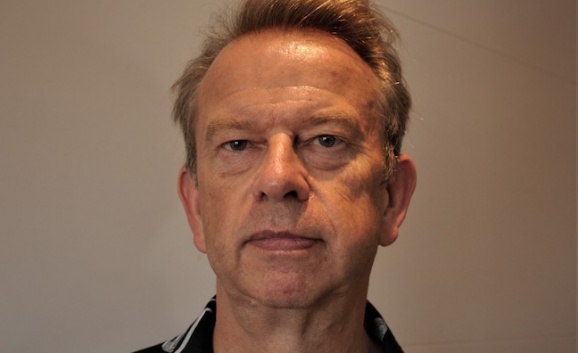opinion
Centre Stage: Mark Davyd
Music Venue Trust CEO Mark Davyd’s monthly deep dive into live music’s biggest issues… One thing I am often asked about, or challenged with, is the idea that the downturn in the grassroots music venue circuit is representative of changes ...












